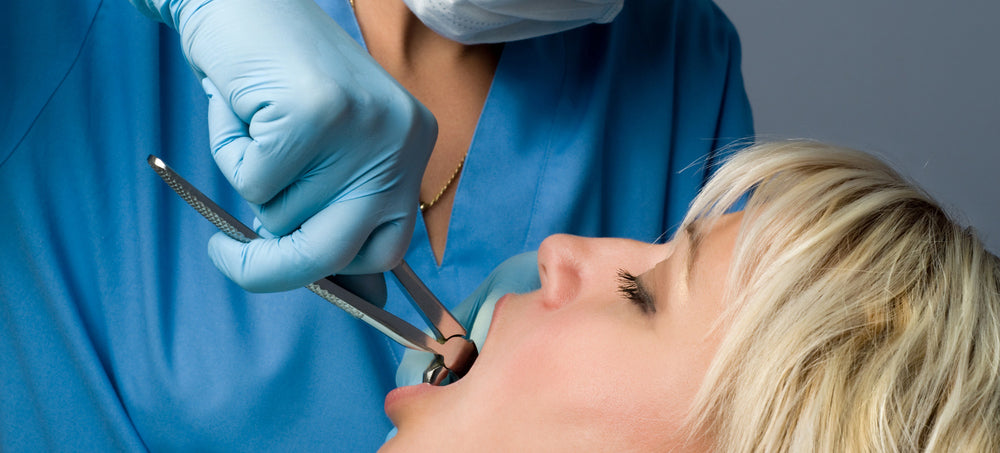
Tooth Extraction Procedure, Aftercare & Recovery Time
|
Time to read 5 min
Published on
|
Time to read 5 min
Tooth extraction can be a painful process. This is why it's not a surprise that people are scared of tooth extraction. What most people don't know is the fact that tooth extraction is among the most common procedures performed by dentists.
The need for tooth extraction can be required for various reasons, such as extreme decay or damage. A common dental procedure, extraction is a way to eliminate bacterial infections and enhance your oral health .
When done correctly, it's usually a fast and safe procedure.
In this post, We'll look at What is tooth extraction? And can answer common queries such as What is the procedure for a tooth extraction that is to be a prerequisite for an invasive process that involves removing teeth (or teeth)?
Teeth extraction is a procedure designed to extract one tooth or several teeth out of their socket. A dentist can determine if the procedure involves surgery or simple extraction. If you require more complex extractions, patients may be directed by an oral surgeon or an oral or maxillofacial doctor.
Simple extraction, as well as surgical extraction are the two most popular kinds of extractions for teeth. In certain situations, dental professionals may inform you that extraction of your teeth is not required. Delaying treatment can cause more problems that may arise in the future, including oral ailments or bite issues, jaw-related issues, and shifting teeth.
What is the Difference Between Tooth Extraction and Removal?
In the beginning, tooth extraction and tooth removal refer to the same thing. Both terms mean your teeth will be removed from their sockets. There are two methods: teeth can be extracted and removed. The first is referred to as a simple removal and extraction that is carried out by a dentist who is in his office. Another is referred to as surgical extraction and could require the expertise of dental surgeons. Dental extractions are required due to a variety of reasons. If you suffer from a damaged tooth that can't be fixed, it's going to have to be extracted. Most people require their wisdom teeth removed because they simply don't have enough space in their mouths. Patients undergoing cancer treatment and organ transplants can also have tooth extractions to decrease the risk of getting an infection.
The procedure takes place at the dental office or in a hospital dental clinic. It could involve the removal of some or all of your teeth. The dentist may ask you to have antibiotics prior to the procedure.
If you're in need of more intricate tooth extraction:
After the removal of your tooth:
Discover More: Dental Implant Vs Dental Bridge – Which One Is Right For You
By performing a simple extraction, you can recover in 7 to 10 days. There is a possibility that you will require at least 14 days to recover from an impacted wisdom tooth procedure. When you are back to your normal routine, the mouth requires additional time to fully heal. It may take between 2 and 3 months to recover from the surgical extraction to remove an affected tooth .
Effective bad breath remedies include:
Gentle and regular scraping of the tongue
Regular oral care practices such as daily brushing and flossing
Professional deep cleanings and plaque removal
The ongoing use of oral probiotics.
One, the probiotics compete with the existing bad bacteria and reduce their presence by “crowding them out”
Two, the probiotics produce BLIS or “bacteriocin-like-inhibitory-substances” which is a technical way of stating that one probiotic strain (bacteria) can produce a substance that inhibits or kills off other bacteria. Three, by working to control gingivitis, gum disease and tooth decay these probiotics reduce the very sources of bacteria-generated odors in the mouth.
Studies have shown a clear reduction in plaque levels and gingivitis symptoms when oral probiotics were administered to patients with moderate to severe gingivitis.